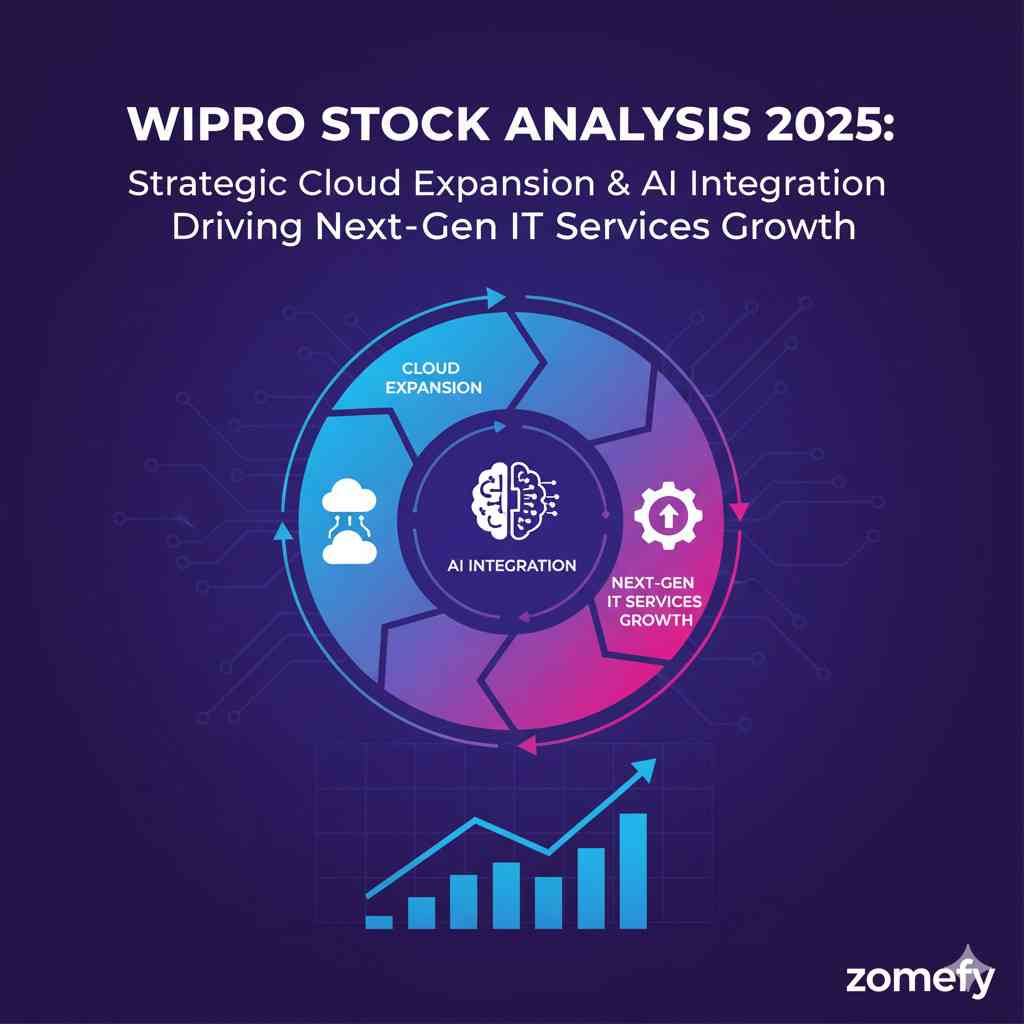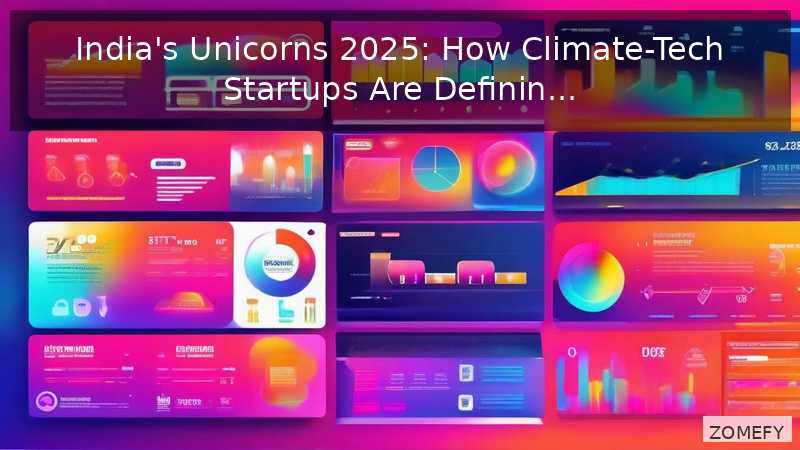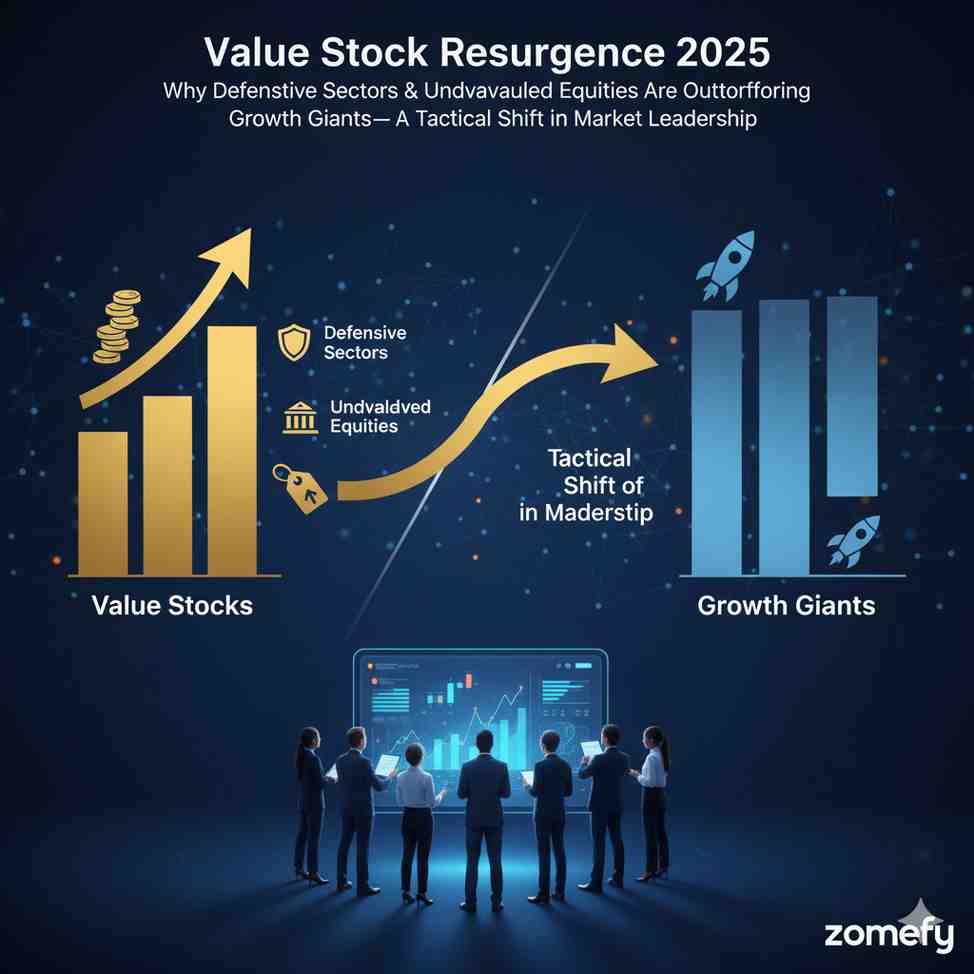RegTech's Rise: Automating Compliance and Fighting Financial Crime
Examine how RegTech is automating compliance, reducing risks, and helping financial institutions respond to global regulatory demands faster and more efficiently.
RegTech's Rise: Automating Compliance and Fighting Financial Crime
What You Can Do Next
- Read the full article for complete insights
- Save for later reference
- Share with others learning about this topic
Image not available
Regulatory Technology (RegTech) is revolutionizing how financial institutions manage compliance, risk, and regulatory reporting. As regulatory requirements become increasingly complex and global, traditional compliance methods are proving inadequate, driving the rapid adoption of RegTech solutions. These technologies leverage artificial intelligence, machine learning, and automation to streamline compliance processes, reduce costs, and improve accuracy. This comprehensive analysis explores the current state of RegTech, its applications across different compliance areas, key technologies driving innovation, and the transformative impact on financial services.
Understanding RegTech: The Compliance Revolution
RegTech refers to the use of technology to help financial institutions comply with regulatory requirements more efficiently and effectively. It encompasses a wide range of solutions designed to automate, streamline, and enhance compliance processes.
RegTech vs Traditional Compliance
Traditional compliance relies heavily on manual processes, spreadsheets, and periodic reviews. RegTech solutions provide real-time monitoring, automated reporting, and predictive analytics that enable proactive compliance management.
Technology Stack
RegTech solutions typically use cloud computing, artificial intelligence, machine learning, blockchain, and API integrations to provide comprehensive compliance management capabilities.
Anti-Money Laundering (AML) Solutions
AML RegTech solutions are among the most critical and widely adopted:
Transaction Monitoring
AI-powered systems analyze millions of transactions in real-time, identifying patterns and anomalies that may indicate money laundering activities. These systems can process vast amounts of data much faster and more accurately than human analysts.
Sanctions Screening
Automated screening systems check customer names, transactions, and counterparties against global sanctions lists, watchlists, and politically exposed persons (PEP) databases in real-time.
Risk Scoring
Machine learning algorithms assess customer risk profiles based on various factors, including transaction patterns, geographic locations, and business relationships, enabling more targeted compliance efforts.
Case Management
Digital case management systems streamline the investigation of suspicious activities, providing workflow automation, document management, and collaboration tools for compliance teams.
Know Your Customer (KYC) Automation
KYC RegTech solutions are transforming customer onboarding and due diligence:
Digital Identity Verification
Advanced identity verification systems use biometric authentication, document analysis, and database checks to verify customer identities quickly and accurately, reducing onboarding time from days to minutes.
Document Processing
AI-powered document analysis can extract and verify information from identity documents, utility bills, and other supporting materials, automating the document review process.
Ongoing Monitoring
Continuous monitoring systems track changes in customer information, risk profiles, and transaction patterns, alerting compliance teams to potential issues that require attention.
Global Database Integration
KYC solutions integrate with multiple data sources and databases to provide comprehensive customer due diligence, including adverse media screening and beneficial ownership verification.
Regulatory Reporting and Data Management
RegTech solutions are revolutionizing regulatory reporting through automation and standardization:
Automated Report Generation
Systems automatically collect data from various sources, format it according to regulatory requirements, and generate reports for submission to regulatory authorities, reducing errors and saving time.
Data Standardization
RegTech solutions help standardize data formats and definitions across different business units and systems, ensuring consistency and accuracy in regulatory reporting.
Real-Time Monitoring
Continuous monitoring systems track regulatory changes and automatically update reporting requirements, ensuring institutions remain compliant with evolving regulations.
Cross-Jurisdictional Compliance
Global RegTech solutions help institutions comply with regulations across multiple jurisdictions, managing different reporting requirements and deadlines simultaneously.
Risk Management and Monitoring
RegTech is enhancing risk management capabilities across financial institutions:
Operational Risk Management
AI-powered systems monitor operational processes, identify potential risks, and provide early warning systems for compliance failures or operational issues.
Credit Risk Assessment
Advanced analytics and machine learning models assess credit risk more accurately by analyzing vast amounts of data, including alternative data sources and behavioral patterns.
Market Risk Monitoring
Real-time market risk monitoring systems track exposure limits, calculate risk metrics, and provide alerts when risk thresholds are exceeded.
Liquidity Risk Management
RegTech solutions help institutions monitor liquidity positions, stress test scenarios, and ensure compliance with liquidity regulations and requirements.
Fraud Detection and Prevention
RegTech solutions are becoming increasingly sophisticated in detecting and preventing fraud:
Behavioral Analytics
Machine learning algorithms analyze customer behavior patterns to identify unusual activities that may indicate fraud, providing real-time alerts and automated responses.
Network Analysis
Graph analytics and network analysis tools identify complex fraud schemes by mapping relationships between accounts, transactions, and entities.
Predictive Modeling
Advanced predictive models use historical data and machine learning to identify potential fraud before it occurs, enabling proactive prevention measures.
Real-Time Response
Automated fraud detection systems can respond to suspicious activities in real-time, blocking transactions, freezing accounts, or alerting security teams immediately.
Data Privacy and GDPR Compliance
RegTech solutions are helping institutions comply with data privacy regulations:
Data Mapping and Classification
Automated systems map and classify personal data across the organization, identifying what data is collected, where it's stored, and how it's used.
Consent Management
Digital consent management platforms track and manage customer consent for data processing, ensuring compliance with privacy regulations and customer preferences.
Data Subject Rights
Automated systems handle data subject requests, including data access, rectification, and deletion, ensuring timely and accurate responses to customer requests.
Privacy Impact Assessments
AI-powered tools conduct privacy impact assessments for new products and services, identifying potential privacy risks and recommending mitigation measures.
Challenges and Implementation Considerations
Despite its benefits, RegTech implementation faces several challenges:
Integration Complexity
Integrating RegTech solutions with existing systems can be complex and time-consuming, requiring significant technical expertise and change management efforts.
Data Quality and Standardization
RegTech solutions require high-quality, standardized data to function effectively, which may require significant data cleanup and standardization efforts.
Regulatory Uncertainty
Evolving regulatory requirements and uncertainty about future regulations can make it challenging to select and implement appropriate RegTech solutions.
Cost and ROI
While RegTech can reduce long-term compliance costs, initial implementation costs can be significant, and ROI may take time to materialize.
Future Outlook: The RegTech Evolution
The future of RegTech looks promising, with several key trends emerging:
AI and Machine Learning Advancement
Continued advances in AI and machine learning will enable more sophisticated RegTech solutions with improved accuracy, efficiency, and predictive capabilities.
Cloud-Native Solutions
RegTech solutions are increasingly being built as cloud-native applications, providing better scalability, flexibility, and cost-effectiveness.
API-First Architecture
API-first RegTech solutions enable better integration with existing systems and third-party services, creating more comprehensive compliance ecosystems.
Global Standardization
Efforts to standardize regulatory requirements and RegTech solutions across jurisdictions will improve interoperability and reduce compliance complexity.
Conclusion
RegTech represents a fundamental shift in how financial institutions approach compliance, risk management, and regulatory reporting. By leveraging advanced technologies like AI, machine learning, and automation, RegTech solutions are enabling institutions to meet increasingly complex regulatory requirements more efficiently and effectively. However, success requires careful planning, implementation, and ongoing management to ensure solutions meet regulatory requirements and business needs. As the regulatory landscape continues to evolve, RegTech will play an increasingly important role in helping financial institutions navigate compliance challenges while maintaining operational efficiency and competitive advantage.
To understand how RegTech intersects with broader fintech trends, explore our analysis on [AI's role in financial services](/financial-insights/ai-finance-growth-opportunities-2025) and the [digital banking revolution](/financial-insights/digital-only-banking-fintech-2025). For insights into the underlying blockchain technology, read our [Crypto 2025 analysis](/financial-insights/crypto-2025-blockchain-ai-tokenization).
Frequently Asked Questions
What is RegTech and how does it differ from traditional compliance?
RegTech (Regulatory Technology) uses advanced technologies like AI, machine learning, and automation to streamline compliance processes, while traditional compliance relies on manual processes and periodic reviews. RegTech provides real-time monitoring, automated reporting, and predictive analytics.
What are the main benefits of RegTech solutions?
Key benefits include reduced compliance costs, improved accuracy, faster processing times, real-time monitoring, automated reporting, enhanced risk management, and better regulatory compliance across multiple jurisdictions.
How does RegTech help with AML and fraud detection?
RegTech solutions use AI and machine learning to analyze vast amounts of transaction data in real-time, identifying suspicious patterns, detecting fraud, and providing automated alerts for compliance teams to investigate.
What challenges do institutions face when implementing RegTech?
Common challenges include integration complexity with existing systems, data quality and standardization requirements, regulatory uncertainty, significant upfront costs, and the need for specialized expertise to implement and manage solutions effectively.
References
- [1] Ten Technologies Shaping the Future of Fintech in 2023 - DashDevs. View Source ↗(Accessed: 2025-10-14)
- [2] Fintech Trends 2025 - Plaid. View Source ↗(Accessed: 2025-10-14)
- [3] The Future of Global Fintech 2025 - World Economic Forum. View Source ↗(Accessed: 2025-10-14)
- [4] Pulse of Fintech - KPMG. View Source ↗(Accessed: 2025-10-14)
- [5] Fintech Trends - HyperVerge. View Source ↗(Accessed: 2025-10-14)
- [6] Top 10 Fintech Payments Trends 2025 - Juniper Research. View Source ↗(Accessed: 2025-10-14)
- [7] Fintech Trends - Innowise. View Source ↗(Accessed: 2025-10-14)
- [8] Fintechs: Scaled Winners and Emerging Disruptors - BCG. View Source ↗(Accessed: 2025-10-14)
- [9] Fintech Trends 2025 - Lloyds Banking Group. View Source ↗(Accessed: 2025-10-14)
- [10] Top Fintech Trends - KPMG. View Source ↗(Accessed: 2025-10-14)
Continue Your Investment Journey
Discover more insights that match your interests

Intangible Assets & Valuation Paradigm Shift 2025: How India's Top 500 Companies Are Redefining Market Value Beyond Traditional Metrics—A Deep Dive into Equity Research for Modern Investors
In the rapidly evolving Indian corporate landscape, intangible assets have emerged as pivotal drivers of value creation, fundamentally altering traditional valuation paradigms.

Wipro Stock Analysis 2025: Strategic Cloud Expansion & AI Integration Driving Next-Gen IT Services Growth
Wipro Limited, a stalwart in India's IT services sector, is poised for transformative growth in 2025 driven by strategic expansion in cloud computing and aggressive integration of artificial intell...

India's Unicorns 2025: How Climate-Tech Startups Are Defining the Next Wave of Sustainable Investment Opportunities
India's dynamic startup ecosystem is undergoing a transformative shift as climate-tech startups emerge as powerful drivers of sustainable innovation and investment.

Value Stock Resurgence 2025: Why Defensive Sectors & Undervalued Equities Are Outperforming Growth Giants—A Tactical Shift in Market Leadership
India's stock market in 2025 presents a compelling paradox that has caught seasoned investors off guard.
Explore More Insights
Continue your financial education journey
